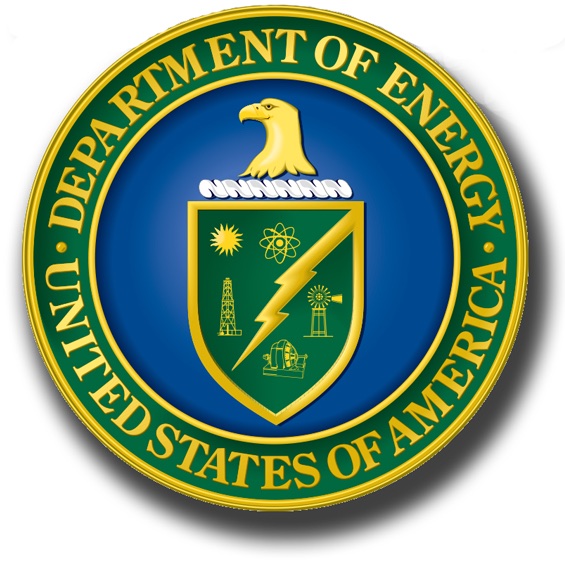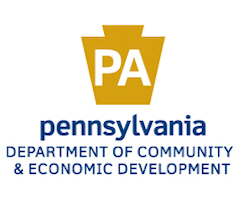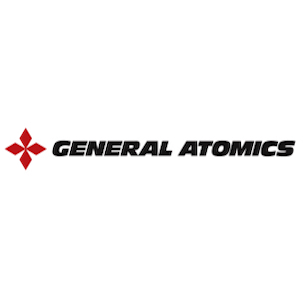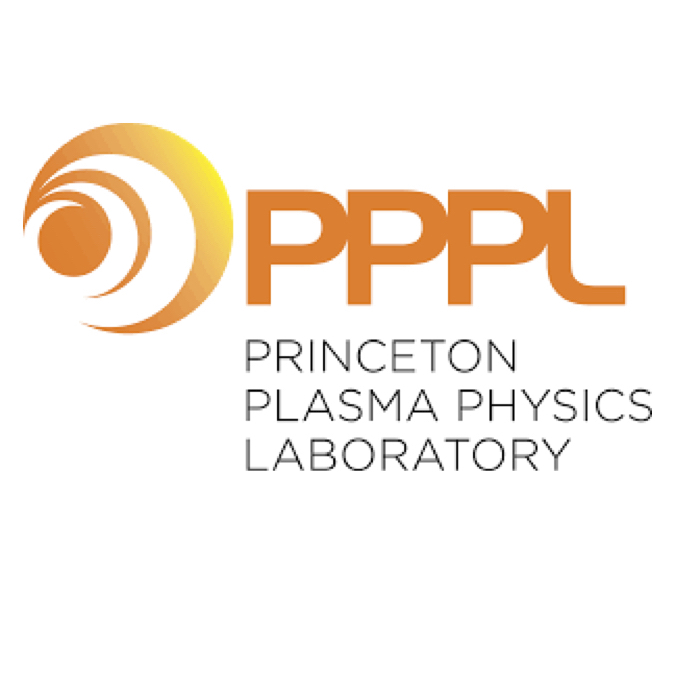Refinement of Control-Oriented Model via TRANSP-Based Transport Analysis to Enable Systematic Model-based Scenario Planning in EAST
Z. Wang, E. Schuster, T. Rafiq, Y. Huang, Z. Luo, Q. Yuan, B. Xiao, D.A. Humphreys
Division of Plasma Physics (DPP) Annual Meeting of the American Physical Society (APS)
Pittsburgh, PA, USA (Remote), November 8-12, 2021
The development of advanced plasma scenarios in EAST can benefit from
a more systematic model-based approach to scenario planning. As originally
proposed in [1], in this scenario-planning approach a plasma-response
model is combined with an optimization algorithm to determine the
feedforward control inputs (actuator waveforms) that are needed to
achieve a desired scenario. Both plasma-state and actuator constraints
are taken into account when solving the optimization problem. However,
the quality of the solution of the optimization problem is highly
correlated to the quality of the plasma-response model used by the
optimizer to predict the behavior of the plasma. However, since all the
computations are carried out off-line before the experiment, this
optimization approach to scenario planning is capable of dealing with
plasma-response models of arbitrary complexity. In this work, a refined
plasma-response model combining the Magnetic Diffusion Equation with
either empirical scalings or transport equations for the electron
temperature and density is developed and used for optimal feedforward-control
design in EAST. The refinement of this physics-driven model is enabled
by TRANSP-based transport analysis of dedicated plasma- response
characterization experiments where the equilibrium reconstruction has
been constrained by measurements from the POlarimeter-INTerferometer
(POINT) system.
[1] Y. Ou, C. Xu, E. Schuster et al., Plasma Physics and Controlled Fusion, 50 (2008) 115001.
*Supported by the US DOE under DE-SC0010537.







